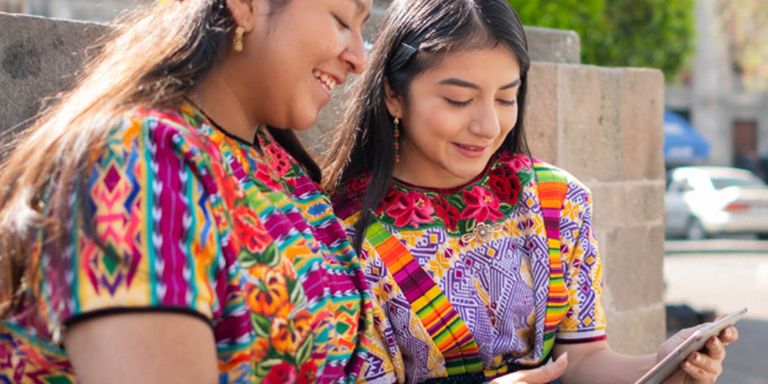Indigenous Peoples represent almost 10% of the population of Latin America and the Caribbean, 53 million people from over 800 cultures. Despite their cultural richness, they are 2.7 times more likely to live in extreme poverty than non-indigenous people, and have less access to essential public services, quality education, formal employment, and financial services. The Bank works with indigenous communities to co-design projects and policies and facilitate dialogue between indigenous governance structures and national governments, based on an understanding of and respect for indigenous cultures and local context.
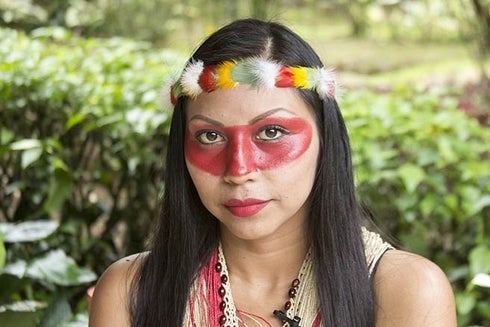
We created a work methodology with Indigenous Peoples that combines the theories and tools of Development with Identity (DCI)—an approach that values the people and culture of indigenous communities as an essential part of their own sustainable development—and the collective multisectoral work in a certain territory. It is an innovative way to work in indigenous territories.
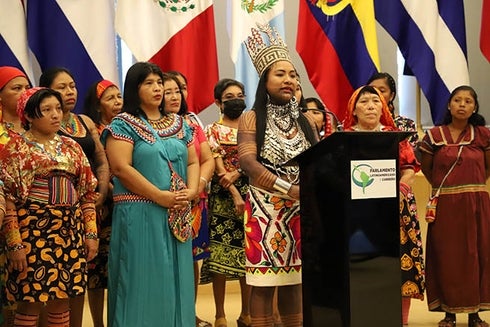
In El Alto in Bolivia, we support the integration of more than 800 young indigenous migrants into the labor market by strengthening their technical and intercultural skills. We also support firms by raising awareness and providing advisory support in implementing practices that value cultural diversity. In Panama, through the Economic Empowerment for Indigenous Women of Panama (PEMIP, for its acronym in Spanish) we include indigenous female leaders in the design of policies oriented to closing gender gaps.
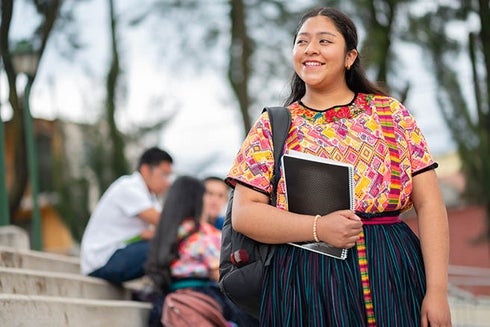
We provide technical and financial assistance to ensure the cultural relevance of social services and the focus on the people and their community.
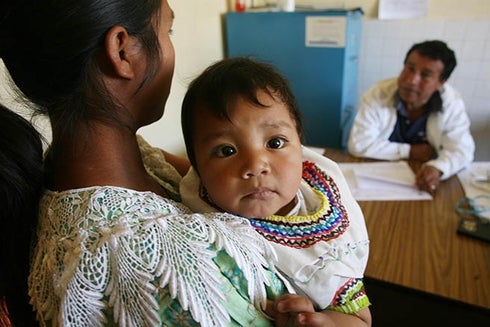
The IDB is working with the Guatemala Ministry of Public Health and Social Assistance to increase the coverage and quality of health services in areas with high presence of indigenous people (departments of San Marcos and Huehuetenango) through the Strengthening of Health Services Network Program. This program will include among other actions, an Intercultural Health Plan that will have training on intercultural health for public officers as well as the adequation of infrastructure to the needs of Indigenous Peoples. This focus on identity approach is also implemented in education programs such as JADENKÄ, an initiative with an intercultural bilingual teaching approach for children from the Ngäbe peoples in Panama.

We support different public entities to ensure the cultural relevance of infrastructure services centered on the people and their community. We have implemented ethno-engineering in our projects, a discipline that values indigenous traditional knowledge as a source of inspiration for the implementation of environmentally sustainable engineering practices. Through this methodology, infrastructure projects are adapted in a participatory manner and implemented through community agreements.
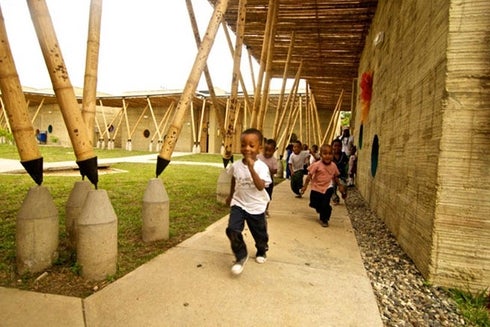
In the Ngäbe-Buglé region in Panamá, the IDB financed the rehabilitation of rural roads that include infrastructure with sociocultural identity, as well as using building techniques that integrate materials and functionalities from the communities. In 2022, the IDB published an ethno-engineering guide with recommendations for the incorporation of this discipline in the road, education, health, social protection, and tourism sectors.
Content available in Spanish.



(Content available in Spanish)
Content available in Spanish
Discover the topics in which we work to improve lives in Latin America and the Caribbean.
Explore our offices across countries and the work they do to improve lives.
